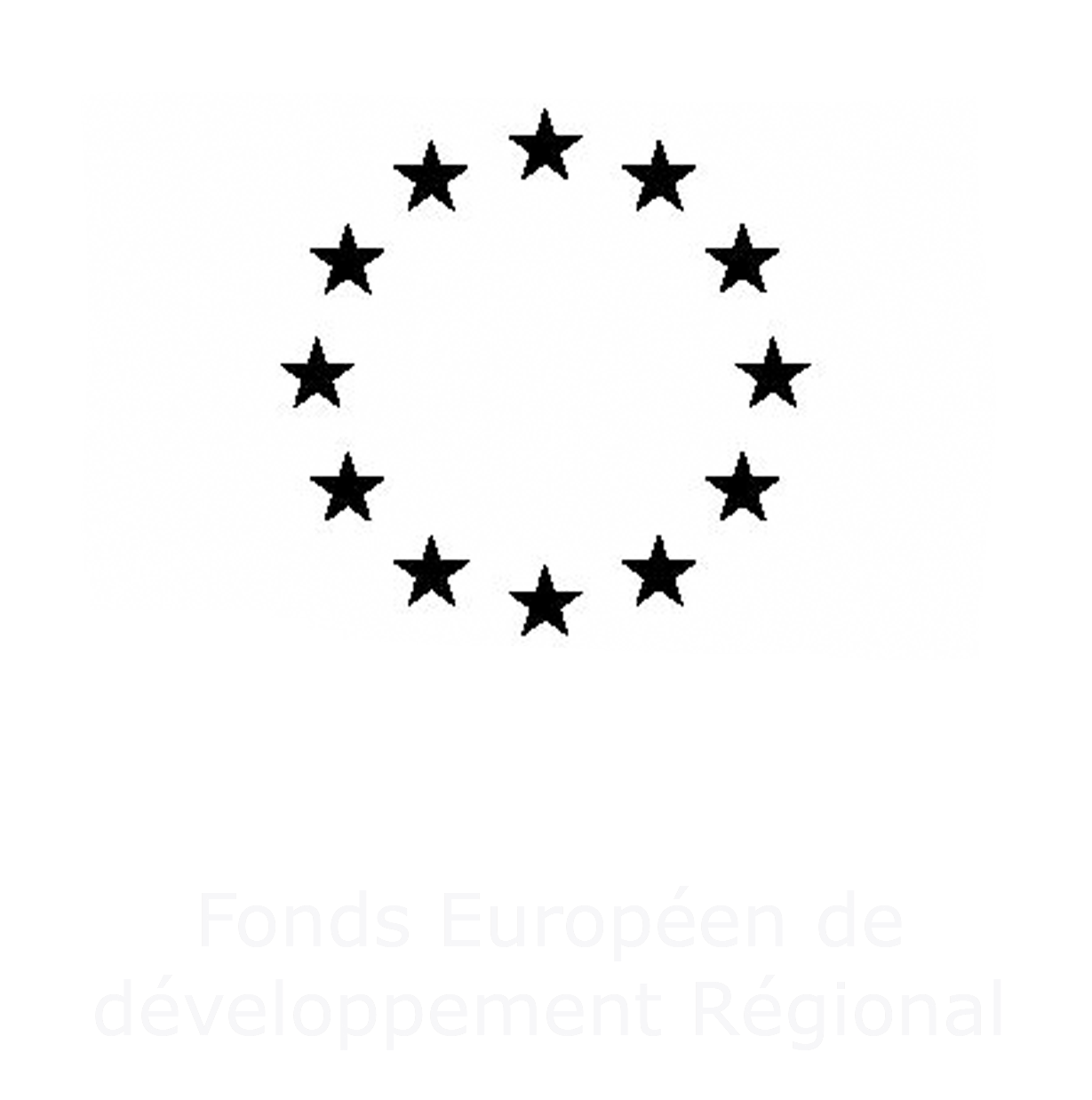Master’s 2 – Banking : Risks and Markets
Training
Initial course and ongoing training throughout life
Level
five years of post-secondary education
Method
Classroom-based
Duration
2 semesters
Course venue
Faculté de droit et des sciences économiques
Site du Forum
rue Félix Eboué
Limoges
Contact details
Objectives
The Master’s in Banking: Risks and Markets aims to provide a solid education in the field of analysis and financial risk management. It aims to train high-level economists mastering the theoretical tools and techniques inherent in the banking and financial economy, particularly in the analysis and management of financial risk, economic analysis and forecasting, evaluation of assets and investment projects.
The Master’s in Banking: Risks and Markets comprises two paths: a vocational path and a research path: Master+ in Banking and Finance
Skills
- Mastery of financial risk management techniques and especially those to which the banks and financial intermediaries are exposed (credit risk, market risk, risk of interest rates …),
- Evaluation of assets and investment projects (professional path),
- Evaluation of funding projects (counterparty risk, sovereign risk …) (professional path),
- Mastery of quantitative techniques (statistics, econometrics, data analysis …) for economic analysis and forecasting and particularly for the analysis of the bank, the banking industry as a whole and the financial markets,
- Ability to conduct a market study,
- Ability to conduct research work (research path)
- Ability to write a report, a summary note …
- Mastery of the English language.
Number of ECTS credits: 60
Registration fee
Approximately 480 euros (including social security).
Campus France
The University of Limoges belongs to the agency Campus France and the facility CEF (Centre pour les Études en France). International students who live abroad (outside the EU, excluding BGE/BGF [holders of scholarships awarded by the French government and foreign countries, respectively]), wishing to pursue their studies in Limoges, must file their applications with the agency Campus France. A Centre pour les Études en France exists in the following countries: Algeria, Argentina, Benin, Brazil, Burkina Faso, Cameroon, Chile, China, Colombia, Comores, Gabon, Guinea, India, Indonesia, Ivory Coast, Japan, Lebanon, Madagascar, Mali, Mauritius, Mexico, Morocco, Peru, Republic of Congo, Russia, Senegal, South Korea, Syria (suspended), Taiwan, Tunisia, United States, Vietnam. The procedure is dematerialised: for more information, please click on the link below.
Organisation of the curriculum
The Master’s draws on the skills of professionals in banking and finance (about 50% of lessons are given by professionals) and those of the Laboratory for Analysis and Economic Forecasting Team (LAEF), gained through research activities and partnerships developed with French and foreign universities (UK, Canada, Philippines). The training takes place in the form of courses and seminars. The lessons of the research path of the master’s are fully delivered in English. Students who choose the professional path have to complete a work placement followed by a thesis; students who choose the research path have to write a research paper.
——————————————————————————————————————————-
Professional path
Semester 1
TU Financial and banking economy credits : 8
Financial economics
Bank, risk and regulation
Bank structure and competition
TU Banking management credits : 7
Organisation and production of the bank
Banking credits
Banking law
Contract law
Banking marketing and communication
TU Evaluation and management of assets
Portfolio management
Asset management
Stock markets
Derivatives
TU Quantitative and computational methods (two electives)
Management of an asset portfolio
Econometrics of panel data
Applied computing (SAS + VBA)
TU Evaluation and management of riskcredits : 8
Banking and credit risk
Banking and market risk
Semester 2
TU English credits : 4
Economic and financial English
TU Quantitative techniques credits : 5
Management of people and organisations
Communication techniques
Financial analysis
TU Tutored project credits : 4
Tutored project
TU Thesis credits : 12
Work placement
——————————————————————————————————————————-
Research path
Semester 1 credits : 29
TU Banking
Financial economics
Bank, risk and regulation
Bank structure and competition
TU Econometrics credits : 5
Econometrics of banking and finance 1
Econometrics of banking and finance 2
TU Investment strategy and portfolio management
Portolio management
Derivatives
Quantitative finance
TU Risk management
Banking and credit risk
Banking and market risk
Semester 2 credits : 31
TU Dissertation
Dissertation
Further studies
Students who choose the research option have the opportunity to continue their education with a doctorate in Economics.
Professional integration
Students will be able to engage in careers in the private as well as the public sector related to banking and finance. They can be recruited as risk manager, financial analyst, bank manager, portfolio manager, researcher and economist in large companies and national and international organisations, research manager …

